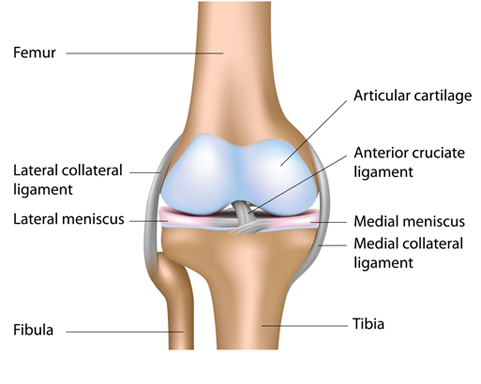YOUR KNEE

Your knee is a complex joint that allows you to walk, run, squat, kneel, and perform many of your life’s major activities. Why would you trust anyone other than the best Rockwall knee injury specialists to treat your acute or persistent pain?
Within your knee, you have multiple ligaments that help provide stability in movement. If there is an injury to these ligaments, you may lose that mobility you need to get the best out of your life. It is important to maintain the health of your knees so you can live a healthy and active life. With knee injury specialists just a phone call away, make sure you reach out to them at the first sign of pain.
Due to the anatomy of the knee, it is vulnerable to injury and malfunction. There are often signs that something may be wrong. Lack of mobility is one of those telling factors that there might be an issue. When a knee is injured, it can greatly hinder the body’s flexibility. Healthy knees provide optimum leg movement.
Some injuries can result from twisting, falling, or direct contact. Ligament injuries are common in sports like football, soccer, and basketball. Knee injuries can occur during ordinary or mundane tasks as well. Do not hesitate when it comes to seeking treatment for any such injuries. Knee injury specialists can have a greater impact on your recovery if they are able to address the issue sooner rather than later.
Common Knee Disorders
ANTERIOR CRUCIATE LIGAMENT (ACL) INJURY
Your ACL can be injured if you twist your knee beyond its normal range of motion. Sudden twists and over-extensions can damage this ligament, causing pain and swelling.
MEDIAL COLLATERAL LIGAMENT (MCL) INJURY
Your MCL can be injured if your knee is struck from the outside and extended beyond its normal range of motion. When your MCL is injured you may lose your ability to support your weight on this knee. Other ligaments may be torn at the same time.
ARTHRITIS
Knee arthritis is caused by the deterioration of cartilage in the knee joint. The two most common types of knee arthritis are osteoarthritis and rheumatoid arthritis, but they are each treated differently by knee injury specialists.
